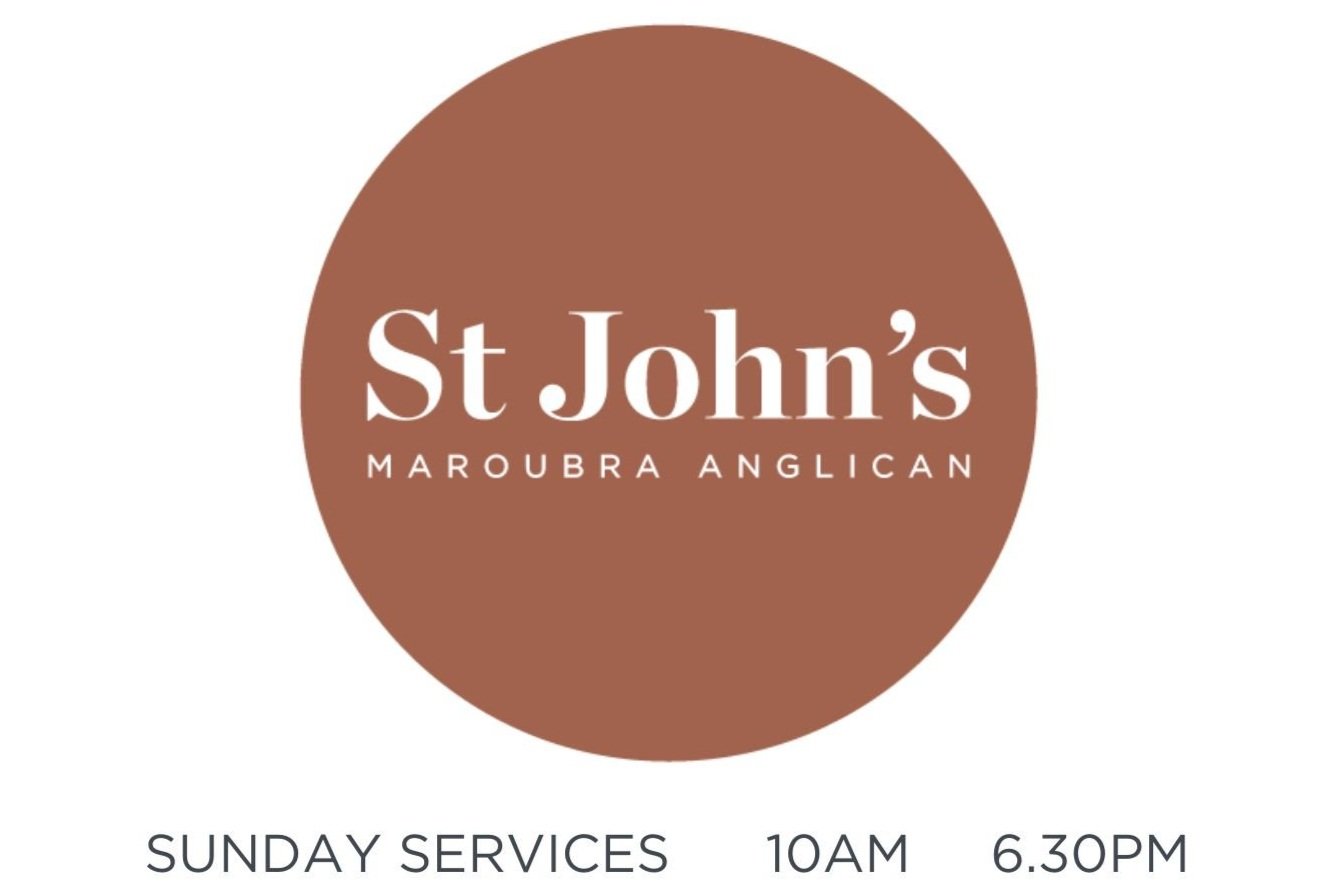Our culture has had a long aversion to sadness. Yet church online in the last two weeks indulged quite a bit of sadness. Talking Blues of the losses of the last year. A song from Dan that spelt out both the beauty of restoration in God’s creation and its’ fickle, temporary nature. Sally opened up from a brave and beautiful heart. A deep, deep psalm of lament which dared to ask God six times why he doesn’t seem like a nicer God. (Hey, don’t blame me - it’s God’s own word! See Psalm 77.)
Only then did we pray. We took three long sighs of sadness to prepare us for prayer. Like I said, we indulged a bit.
But ‘indulged’ is the wrong word - we enjoyed it, I think! Maybe that seems a doubly wrong word to you. Let me tell you why we need to recover and enjoy the last art of lament. Just like the bible teaches us too.
The Counter-Cultural Enjoyment of Sadness
I think there are at least three reasons why our culture averts us from sadness.
The culture of ‘winning friends and influence people’ does not include skill sessions on sharing our personal, or collective, woes.
The culture of problem-solving and life-engineering has few solutions for slow-moving sadness.
The culture of consumer-therapy deals with pain by cheap compensations in pleasure, goods and mood-replacement experiences.
It is fair to say that dwelling on sadness is counter-cultural.
The Counter-Cultural Enjoyment of Temporary Sadness
But there is an equal error of reaction in our culture.
Having twigged to the reality of deep, slow-moving lows in others’ mental health, part of our culture has reacted with a deep affirmation of sadness. Particularly among the young, there is a willingness to spend hours online in the worst moments of the night with a display of sympathy at the least, and in active harm-prevention at worst.
The wise know, rightly, that just down the road from sadness is ‘wallowing’, and it holds some deep dangers for our health and wellbeing. Sadness that does not ever move, and has no shape or shifting colour is a real danger.
So what do we do?
Make Sadness your Temporary Friend: The Value of Biblical Lament
God’s word is so helpful in this. The Psalms are a very good friend in this. Psalm 77 is a great case in point. Not all psalms follow this pattern , but the pattern is true of biblical lament as a whole.
The Deep Lament - The psalm indulges 9 verse of lament. I say indulges this time because it appears to dwell where it should not. Verse 1 & 2 - prayer is begun with a refusal to find comfort. Verses 3-6 - all the good things God commends are called on - remembrance, meditation, singing. Remembrance leads him to groaning! Meditation results in fainting! Singing voices doubt. What follows in verses 7-9 are six near-godless questions against God. But wait. All this is the prayer of a godly psalmist - inspired by God himself - and included by God in His own word, as His own word.
The Deep Truths - The psalmist can now think beyond his pain and felt experience. With pain expressed, he now has range. He can now think beyond and back to some facts about God - God has worked, he has done miracles, there are wonderful things to meditate on, God did rescue his people from terrible distress before. this consumes verses 10-20. And the psalm finishes.
The Deep Work of God - And here begins the deep work of God. Our Father knows our pain, and He knows we need to know Him in it. Sometimes its’ all pain (Psalm 42), sometimes its’ all the truths of God (Psalm 76) - sometimes it’s both in mental wrestle (Psalm 77). But whatever happens know we are before the Lord in prayer. Our Father stoops to help us - Jesus is with us by His Spirit. God will not leave us alone. He will work within us.
Lament and Mental Health
Last year I had a prolonged period of bad mental health. An injury meant less exercise. I was dealing with a few layers of grief. I was feeling unequal to life’s larger tasks. I would get teary at the slightest thing. My thoughts became very, very negative. Remembrance brought me pain, meditation showed darkness and singing was beautiful and very helpful, but often bittersweet.
I am so thankful to God who gave me the power of lament. Eventually, I could hear when my laments were true and spelled out the pain in our world that can only wait for Jesus’ healing. Eventually, I could also hear when my laments were thin in substance and not telling all the truth of God.
I honestly think that without lament, and the voicing of my sad and distorted mind, I could not have easily found clarity.
I really enjoyed our laments in the last weeks. Thanks Dan for the song. Thanks Heather for the prayers. Thanks Sally for the beautiful openness. It voiced for us deep truths and saved us from half-truths. It was beautiful and blessed.
It was easy for me to reflect on lament these weeks, because I’m not actually in it right now. When I was I found it very hard to express. I found it hard to reach out, but had a few good listening ears. If you are burdened right now, can I encourage you to not stop praying - even bitterly. Can i also encourage you to find a listening ear. Someone outside your struggle, but happy to sit in it with you. And if you are feeling really alone - can you call me? It’s easy - 0417 424 694.
Let’s not lose the ability to enjoy profoundly-deep, and thankfully-temporary lament as a gift our Father has given us.

